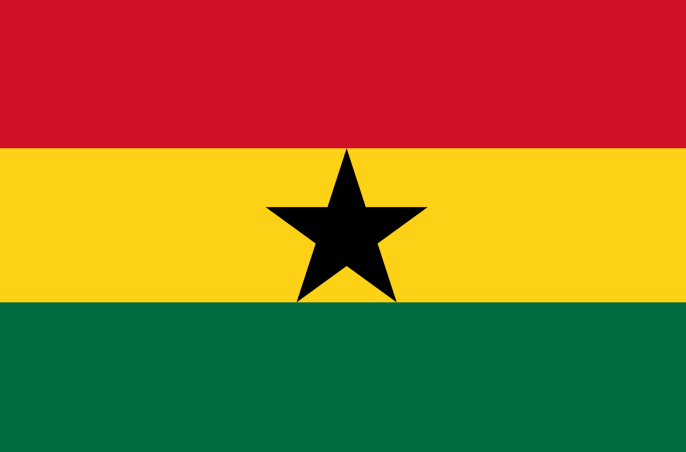Mobile Money: BoG gives telcos 6-month ultimatum

A new set of guidelines from the central bank has given telecommunication companies engaged in the mobile money service up to six months to establish a separate business entity to handle their electronic money services.
The guidelines, which became effective on Monday, July 6, said: “Non-banks that have previously been offering mobile financial services in partnership with banks must apply within six months of the coming into effect of these guidelines, for alicense in order to conform to the new framework”.
The objectives of the latest guidelines, the Bank of Ghana said, is to “ensure that electronic money is only provided by (a) financial institutions regulated under the Banking Act, 2004 (Act 673); or (b) duly licenced non-bank entities which are engaged solely in the business of e-money and activities related or incidental to the business of e-money, and which are regulated and supervised by the Bank of Ghana.
Currently, only three of the six mobile telcos -- MTN, Airtel and Tigo -- are involved in the mobile money business, which has grown from a transaction value of Gh¢171million in 2012 to the multi-billion cedi sector it is now.
The new regulation will mean that MTN, Tigo, and Airtel have a January 6, 2016 deadline to conform to the BoG’s requirements.
The guidelines come at a time patronage of mobile money continues to gain momentum. For the third year running the value of transactions has seen an astronomical jump -- from Gh¢2.4billion as at 2013 to about Gh¢11.6billion in 2014 according to the central bank’s data.
Growth of the transactions’ value over the years corresponds with a similar trend in the volume of transactions. So far, the number of transactions has almost quadrupled since 2012; from 30 million to about 106.4 million in 2014.
According to the BoG, the guidelines are being issued as part of its broader strategy to create an enabling regulatory environment for convenient, efficient and safe retail payment and funds transfer mechanisms.
The Guidelines for E-Money Issuers in Ghana, the central bank said, is to promote the availability and acceptance of electronic money as a retail payment medium with the potential to increase financial inclusion, and specify necessary safeguards and controls to mitigate the risks associated with e-money business and ensure consumer protection.
The guidelines further announced that customer e-money accounts have been categorised into various groups which define their maximum daily and monthly transactions. Depending on which of the three categories a customer is in, the daily transaction limit could range from Gh¢300 to Gh¢5,000.
Also, the monthly maximum transaction limit ranges from Gh¢3,000 to Gh¢50,000 depending on which category a customer is placed in by the service provider.
The guidelines also captured the daily and monthly transaction limits of mobile money merchants. It stipulated that an aggregate limit on cash-out and outbound payments of Gh¢10,000 per day and Gh¢100,000 monthly.
But the central bank said that limitation is not rigid and can be amended where applicable.
“For very large companies where even these limits would be overly restrictive, an approval to supersede these limits may be granted by Bank of Ghana on a case by case basis upon receipt of application from the e-money issuer (EMI) justifying the need, proposing a revised set of limits, and providing business information supporting the proposal,” the guidelines stipulated.
The central bank however cautioned that, if approved, EMIs are strictly obliged to ensure the revised limits for each merchant are continuously adhered to.
“If the Bank of Ghana perceives that this privilege is being abused, it will prescribe rectifying action for the EMI and may ultimately revoke the privilege,” the central bank warned.
SOURCE:GHANAWEB
 Africas leading resource for digital financial services
Africas leading resource for digital financial services


comments